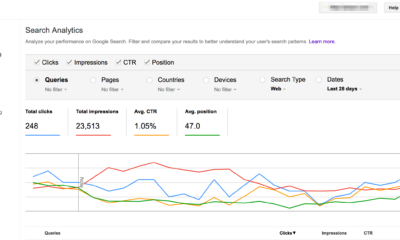Business
Amazon acquires Bee, an AI wearables startup that continously records ambient audio

Amazon is making a deeper foray into AI-powered wearables with the acquisition of startup Bee, co-founded by Maria de Lourdes Zollo. The acquisition was first revealed in a LinkedIn post by Zollo and later confirmed by Amazon to TechCrunch, though the company noted the deal has not yet officially closed.
Bee gained attention last year after raising $7 million and launching a $49.99 wearable device paired with a $19 monthly subscription. The bracelet, along with a companion Apple Watch app, continuously records ambient audio, unless manually muted, to extract reminders, to-do items, and other useful data through AI analysis.
The startup has ambitions to develop what it calls a “cloud phone”, a mirrored version of the user’s smartphone that enables the Bee device to access accounts and notifications. The idea is to provide users with intelligent, context-aware assistance throughout their day.
“We believe everyone should have access to a personal, ambient intelligence that feels less like a tool and more like a trusted companion,” Bee states on its website.
The acquisition comes at a time when major tech companies are exploring new frontiers for AI integration. While others like Humane AI and Rabbit have struggled to find success with expensive wearable AI products, Bee’s more affordable price tag may give it broader appeal. By contrast, Humane’s AI Pin launched at $499 and received tepid reviews.
Amazon confirmed that Bee employees have been offered positions within the company, though it remains unclear how Bee’s product will be integrated into Amazon’s larger ecosystem. The move hints at Amazon’s ambition to diversify beyond home-based voice assistants like the Echo and develop more personalized, portable AI companions.
However, privacy concerns loom large. Bee’s devices are designed to record conversations in order to assist users, a feature that raises eyebrows amid growing scrutiny over data collection. Bee has stated that it does not store or use audio recordings for AI training, and that users can delete their data at any time. The app retains only the structured information the AI learns, like reminders and preferences.
Bee also allows users to define privacy boundaries by topic or location to pause data collection automatically. The company has expressed intentions to shift toward on-device AI processing, which offers stronger privacy protections than cloud-based alternatives.
Whether Amazon will maintain Bee’s current privacy policies is uncertain. The tech giant has previously faced criticism for data handling practices, including sharing Ring camera footage with law enforcement without user consent or a warrant. In 2023, Amazon settled FTC claims that Ring employees had broad access to users’ video data.
The acquisition marks another chapter in the race to bring intelligent, always-on AI assistants into daily life and raises important questions about convenience, privacy, and control.
-

 Domains6 years ago
Domains6 years ago8 best domain flipping platforms
-

 Business6 years ago
Business6 years ago8 Best Digital Marketing Books to Read in 2020
-

 How To's6 years ago
How To's6 years agoHow to register for Amazon Affiliate program
-

 How To's6 years ago
How To's6 years agoHow to submit your website’s sitemap to Google Search Console
-

 Domains5 years ago
Domains5 years agoNew 18 end user domain name sales have taken place
-

 Business6 years ago
Business6 years agoBest Work From Home Business Ideas
-

 How To's6 years ago
How To's6 years ago3 Best Strategies to Increase Your Profits With Google Ads
-

 Domains5 years ago
Domains5 years agoCrypto companies continue their venture to buy domains








